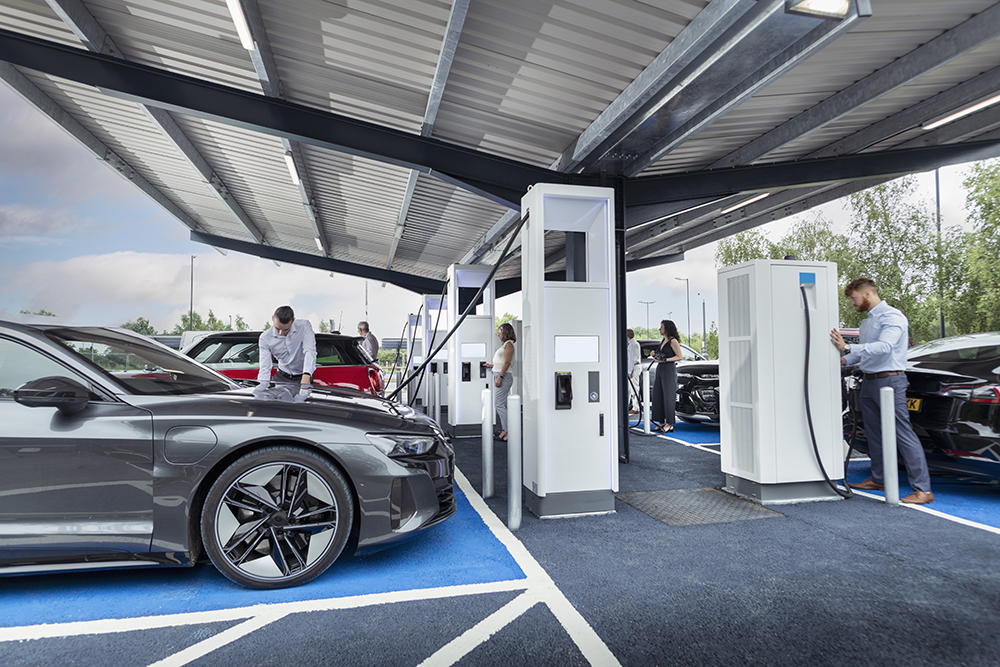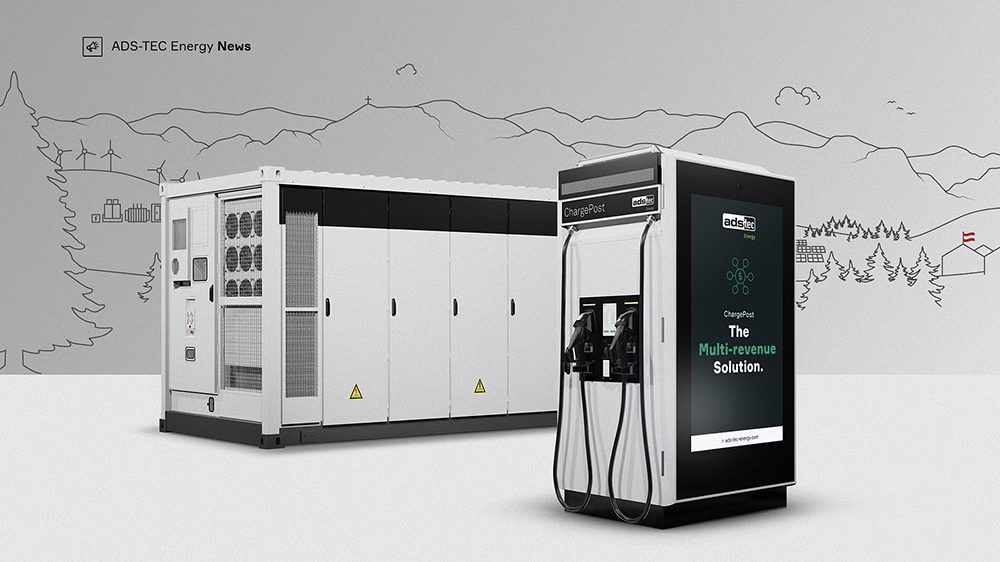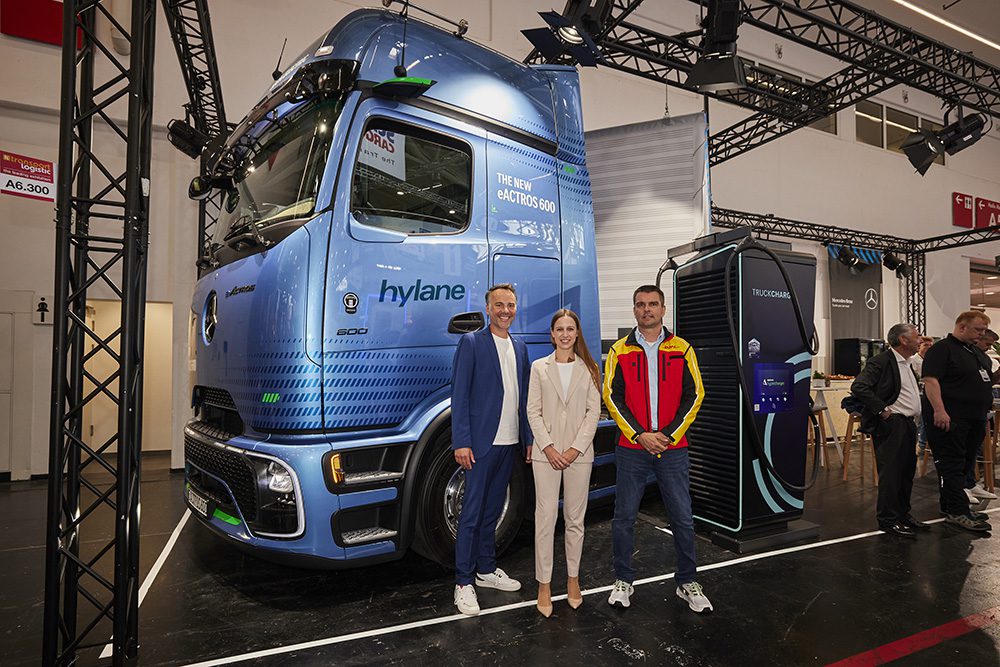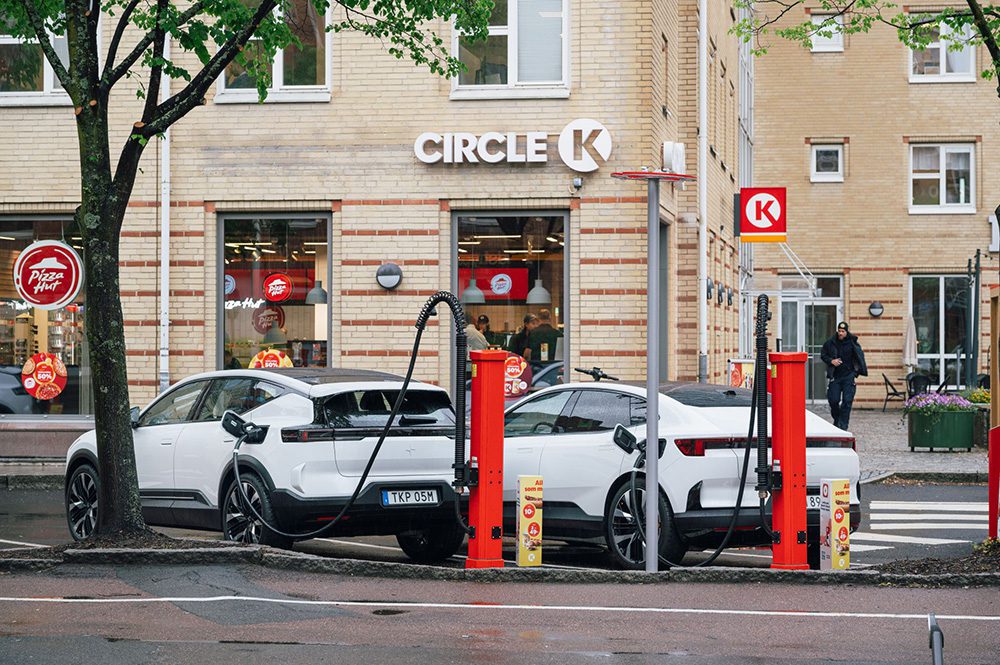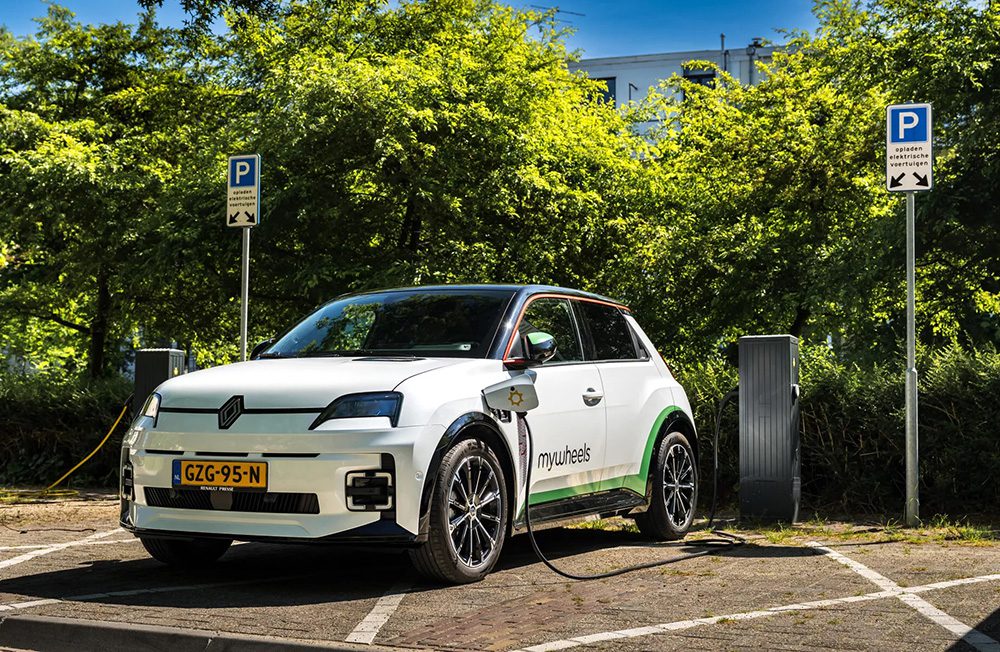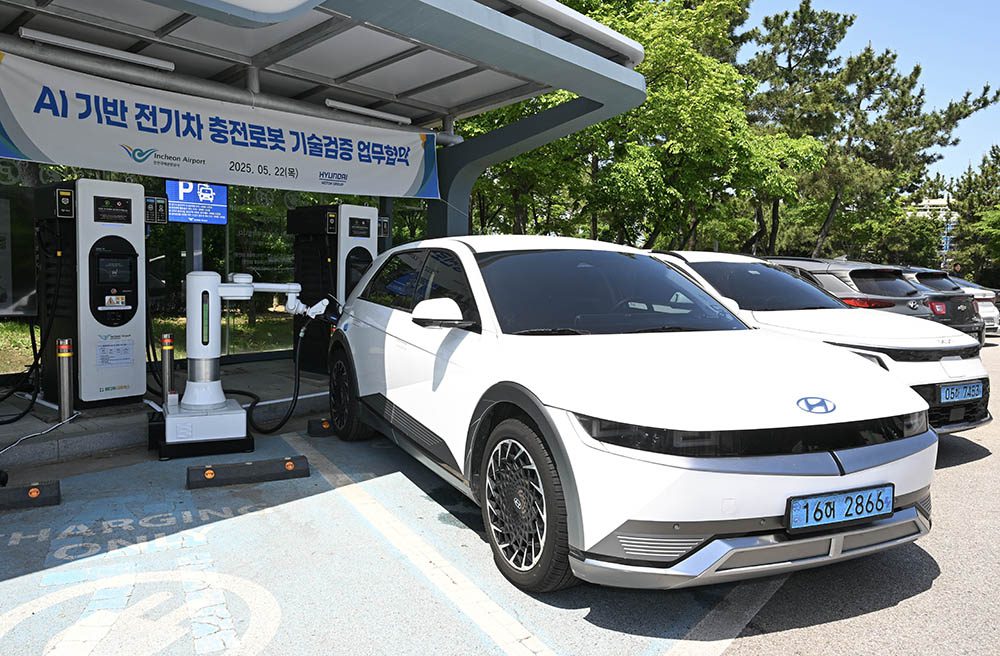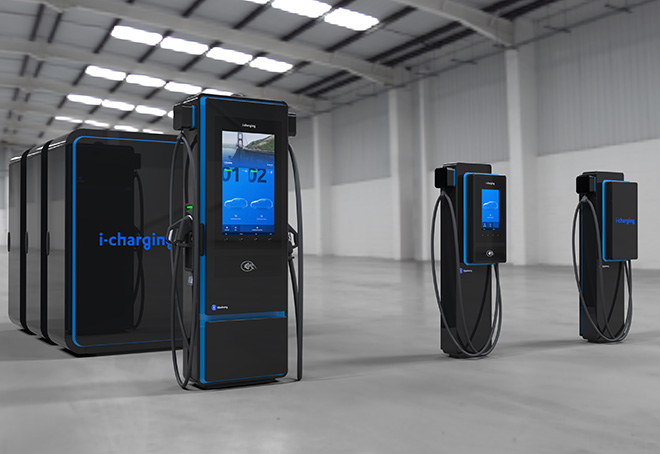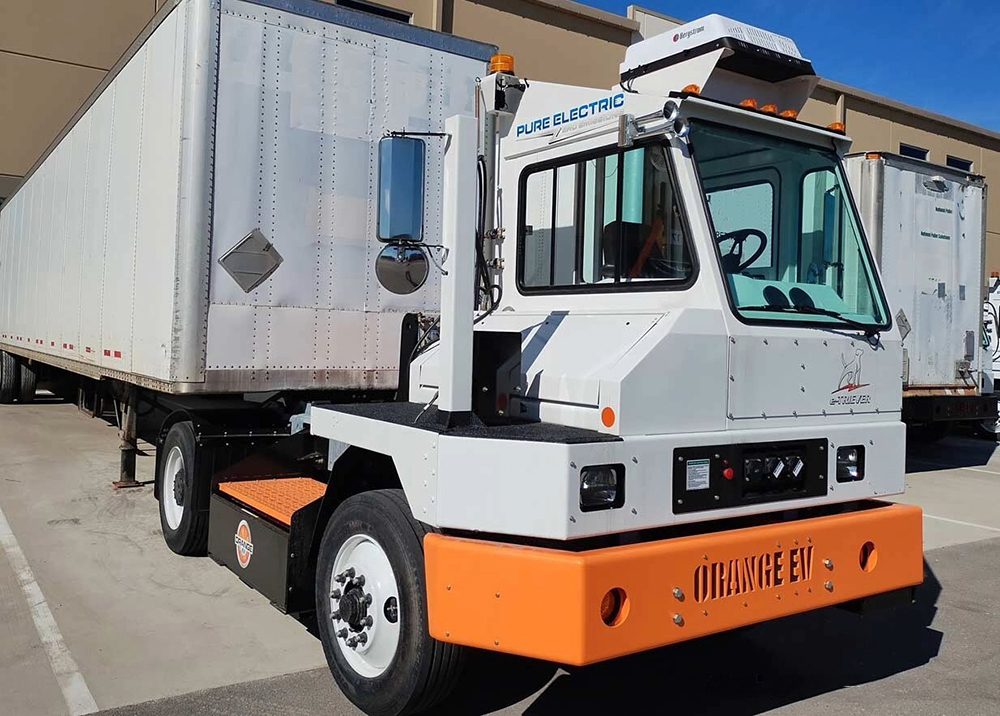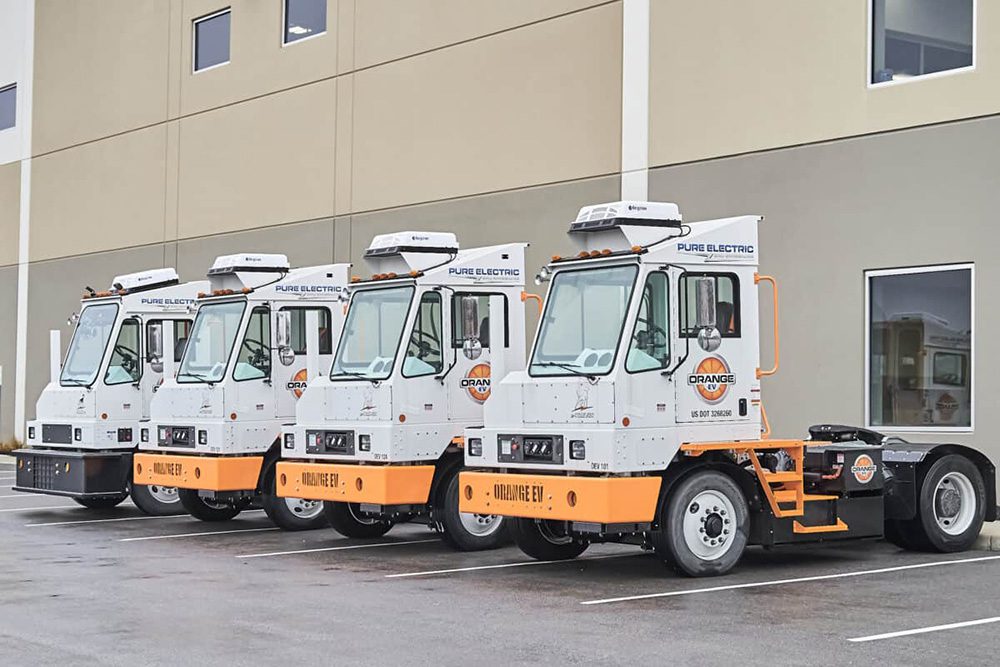“If you thought Tesla Semis were a bit like Bigfoot—maybe you heard about them, maybe you saw a fuzzy picture, but you weren’t sure if they were real or not—they are real, and they’re hauling real beverages here in Northern California.”
So says Mike Roeth, Executive Director of the North American Council for Freight Efficiency, to kick off a new video about PepsiCo’s fleet of Tesla Semis.
Like Bigfoot, the Tesla Semi is a seldom-seen species. Unlike the crypto-humanoid, the Semi definitely exists (and here’s the video to prove it!). However, Tesla has only delivered a limited number so far, and most of them are believed to be in operation in PepsiCo’s fleet.
At a logistics center near Sacramento, PepsiCo operates 21 Tesla Semis, along with four 750 kW Megachargers, which enable charging to 80% capacity in less than 45 minutes. PepsiCo also operates Ford and BYD EVs at the site, which gets much of its power from a solar array.
Anyone interested in fleet electrification should watch this video in its entirety—it includes an interesting discussion of the complexity of deploying sufficient charging power at a fleet depot. Two officials from the Sacramento Municipal Utility District (SMUD) explain the process, which involved bringing 3 MW of new electrical service to the facility, and took three years.
Dejan Antunovic, Electrification Program Manager at PepsiCo, explains that most of his company’s Tesla Semis are used for deliveries within 100 miles, and operate for up to 12 hours a day. However, three of the Semis serve routes that vary between 250 and 450 miles. “We have been aggressive to push the limit, and demonstrate that we are able to achieve a very high range with a fully-loaded tractor,” says he.
Mr. Antunovic says PepsiCo has achieved average efficiency of 1.7 kWh per mile with the Tesla Semi. According to Electrek’s calculations, that works out to an impressive 23% fuel cost reduction over the most efficient diesel trucks (assuming an energy cost of $0.14 per kWh, the current off-peak rate in Sacramento).
“This is a very big deal,” says Charles Burton, Director of Fleet Operations for PepsiCo’s North America West Division. “This is going to revolutionize how the trucking industry goes to market in the future.”
Source: North American Council for Freight Efficiency via Electrek


































